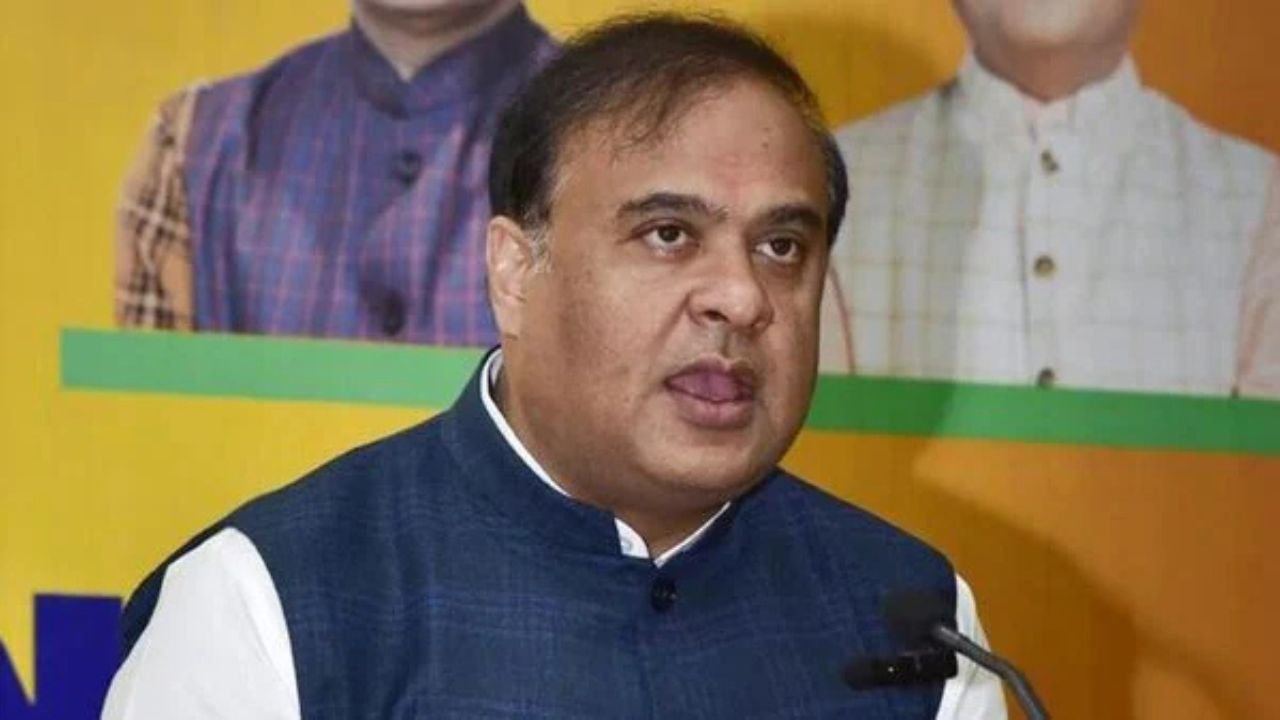A few months before the Assam Assembly elections, the BJP government has implemented a new law that makes police clearance mandatory for inter-religious land transfers. The decision is reportedly aimed at promoting communal harmony, national security, and alleviating public concerns about demographic change. Under this rule, only those whose names are listed in the 1951 voter list and the National Register of Citizens (NRC) can purchase land. The state cabinet made this decision effective March 2024, following a three-month moratorium on issuing no-objection certificates to Muslim and Hindu landowners.
Control in the Name of Security and Identity
Chief Minister Himanta Biswa Sarma stated that the new laws are necessary to protect the land of Assam’s indigenous people. The police will play a key role in this; all inter-religious land transfer applications will be scrutinized by the police, assessing for fraud, coercion, or illegal activities. Furthermore, this rule will also apply to land acquisition by outside non-governmental organizations (NGOs), while local NGOs are exempted. The government’s argument is that this will prevent potential land disputes and manipulation between religious communities.

Identity Politics and Historical Context
Assam has a long and violent history of identity-based politics. Events such as the 1983 Nellie incident and the Bodoland movement are reminders of the ethnic and religious conflicts in the state. This move by the BJP, which focuses specifically on the Muslim community, is consistent with long-standing strategies of identity politics in Assam. Chief Minister Sarma stated that these measures are aimed at ensuring the safety and survival of Assamese and other tribal communities. These decisions should be seen in the context of recent actions by the state government to deport alleged “suspect citizens” across the India-Bangladesh border and to reclaim land and forests from illegal occupation.
Electoral Strategy and Majority Polarization
Analysts say this policy is part of the BJP’s strategy to mobilize majority voters and gain electoral advantage in the run-up to the 2026 Assam Assembly elections. The effort is to influence voting behavior by highlighting issues such as the ban on inter-religious land transfers, the security of local communities, and communal identity. This move is consistent with the BJP’s previous electoral strategies, which have attempted to mobilize voters based on religion and identity.







